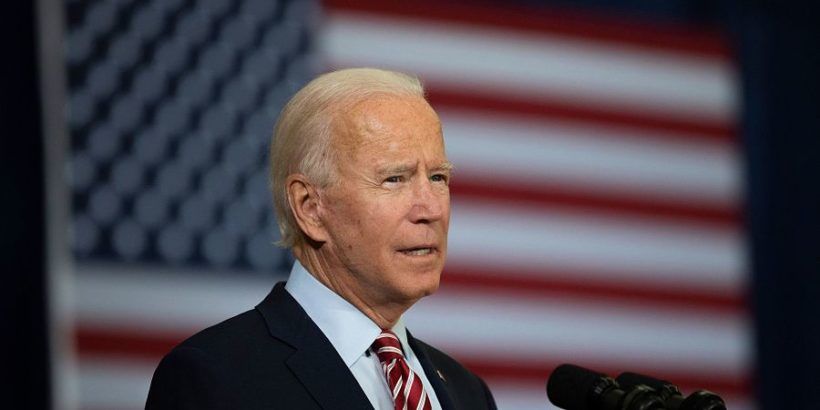A plan by Democratic presidential nominee Joe Biden to change the way retirement savings are taxed could spur an increase in the use of accounts that levy taxes on contributions rather than withdrawals.
Advertisement
Biden has proposed replacing tax deferrals for retirement savings with tax credits to encourage lower-income Americans to increase the amount of money they set aside. The Tax Policy Center estimates the Biden tax credit would amount to somewhere between 23% and 26% after factoring in Biden’s pledge not to raise taxes on Americans making less than $400,000.
The Biden campaign argues in a policy statement on its website that current policy provides a big tax benefit on retirement savings for high-income Americans and a much more limited boost for those in the low- and middle-income range.
“Biden will equalize benefits across the income scale, so working families also receive substantial tax benefits when they put money away for retirement,” the statement says.
But that means high-income earners would face higher taxes and change how they save for retirement, said Dean Mioli, director of investment planning at SEI, a turnkey asset management provider for independent financial advisers.
Those in the higher tax brackets are likely to pivot from making contributions to traditional 401(k) plans and individual retirement accounts — which defer taxes until funds are withdrawn — to putting them in Roth 401(k)s and IRAs, where taxes are paid on the way in and withdrawals are tax-free.
“The juice isn’t worth the squeeze from the tax perspective to do a pretax contribution if you’re in the top tax bracket,” Mioli said.
Mike Zeiter, owner of Foundations Financial Planning, also anticipates a migration to Roth savings plans for those in the 22% tax bracket on up.
“You could see a significant amount of Roth contributions,” Zeiter said. “If you’re in that tax bracket, it’s better to do a Roth.”
In addition to replacing tax deferrals with tax credits for retirement saving, Biden has proposed automatic 401(k) plans for Americans who do not have access to a plan at work. The goal is to increase the number of people who can afford to retire.
“This would be a dramatic expansion of retirement savings subsidies for lower- and middle-income Americans,” said Seth Hanlon, a senior fellow at the Center for American Progress.
The Biden plan would provide a “pretty generous savings incentive for low-income” workers, said Eric Toder, an institute fellow at the Tax Policy Center. It would amount to additional total retirement savings.
“A lot of money for higher-income [ranges] is not new saving,” Toder said. “It’s money moved from one account to another.”
But getting rid of tax deferrals for retirement savings will meet strong resistance from a wide array of interest groups in Washington that defend them every time lawmakers propose policy changes. They say deferrals are crucial to fostering retirement security.
No motivation to save
Will Hansen, chief government affairs officer at the American Retirement Association, said there are myriad reasons why low-income Americans are failing to save for retirement, including slow wage growth.
“I don’t think they’ve put forward a valid argument that the 401(k) system is the problem,” Hansen said.
He also pointed out that there are provisions in retirement law to ensure that contributions to retirement plans apply to all income ranges.
“They don’t recognize these guardrails that are already in place to ensure there’s equalization,” Hansen said.
Changing how retirement savings are taxed is not the best way to ensure low-income Americans are prepared for retirement, said Brian Jones, an adviser at NextGen Financial Advice. They may not have money to save in the first place.
The better approach is to raise Social Security taxes to fortify the federal pension program, he said.
Preserving and strengthening Social Security is another plank in Biden’s platform.
John Bovard, owner of Incline Wealth Advisors, is concerned about how the debate over wealth equality is focusing on retirement plans. He notes the low average account sizes.
“I really don’t like this narrative that 401(k) plans are for the rich,” Bovard said.
Raising retirement savings taxes won’t redistribute wealth, said Mark Meredith, founder of Meredith Wealth Planning.
“The top 1% of America is not concerned about 401(k) plans,” Meredith said. “Their wealth is usually tied up in other assets, like business ownership.”
[More: Biden tax proposals mean bigger bills for millionaires]



